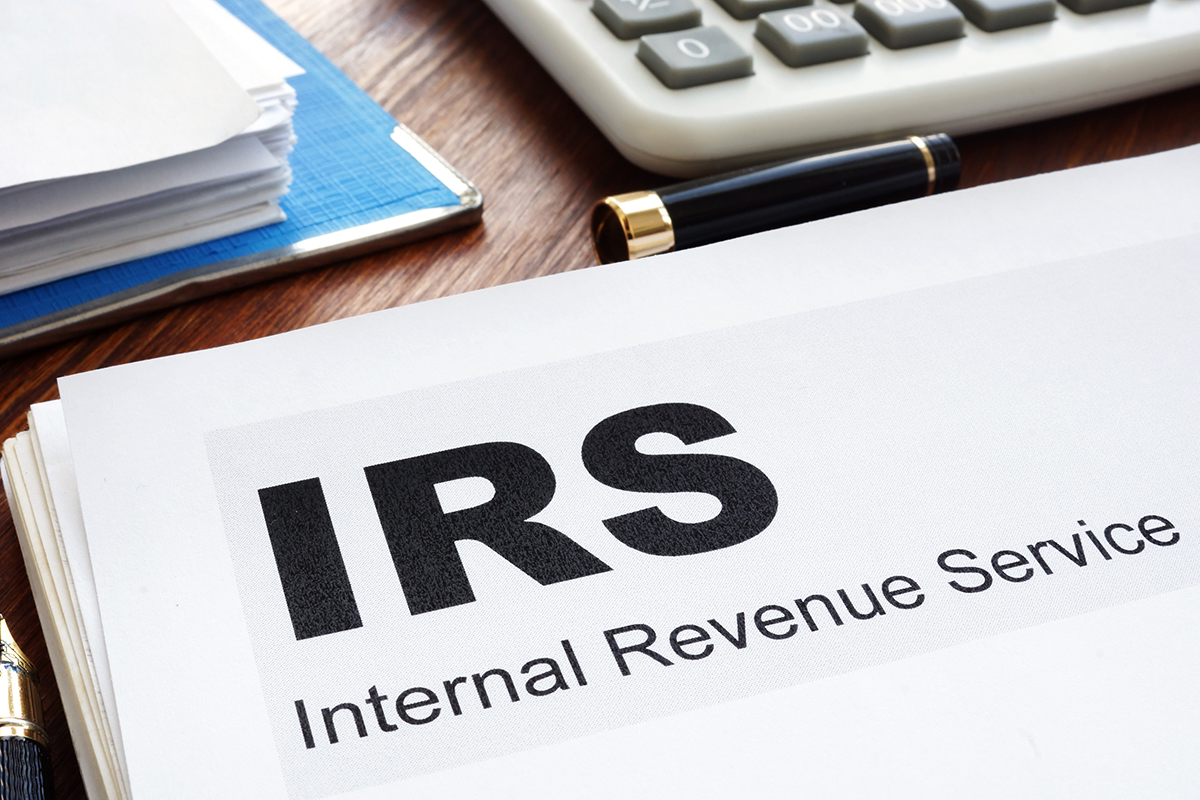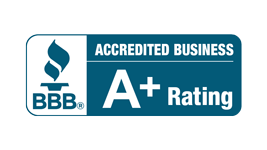IRS Debt and Chapter 7 Bankruptcy
The burden of IRS debt can be daunting. Chapter 7 bankruptcy can provide relief. It is often viewed as a fresh start for individuals overwhelmed by financial burdens, but many wonder if IRS debt can be discharged in this process.
Understanding IRS Debt
IRS debt for individuals generally comes down to income tax debt and associated penalties and interest.
- Income Tax Debt: This is the most common type of tax liability individuals face. It arises from unpaid federal or state income taxes and may be eligible for discharge under certain conditions.
- Penalties and Interest: Debtors may also owe penalties and interest. While some penalties may be dischargeable, interest typically remains non-dischargeable.
Some tax debts may be eligible for discharge under Chapter 7, while others may not be, depending on various factors. This differentiation will play a significant role in determining your options moving forward.

Dischargeable vs. Non-Dischargeable Tax Debt
When considering Chapter 7 bankruptcy, it’s important to differentiate between dischargeable and non-dischargeable debts, particularly when it comes to IRS obligations. Here’s a breakdown:
- Dischargeable Debt: This refers to debts that can be eliminated through bankruptcy. In the context of IRS debt, certain income tax debts may be discharged if they meet specific criteria, such as being at least three years old, properly filed, and not associated with fraud.
- Non-dischargeable debt: These debts cannot be eliminated through bankruptcy and must still be paid after bankruptcy. Examples include tax debts such as payroll taxes and trust fund recovery penalties.
Criteria for Discharging IRS Debt in Chapter 7
Discharging IRS debt in Chapter 7 bankruptcy isn’t automatic; several specific criteria must be met. Here is a table that shows the key factors that determine whether IRS debt can be discharged:
| Rule | Description | Example |
|---|---|---|
Age of the Tax Debt (3-Year Rule) | The tax debt must be for a return due at least 3 years ago from the bankruptcy filing date, including extensions. | If filing for bankruptcy in 2024, taxes due in 2020 (due by April 2021) can be discharged. |
Filing of Tax Returns (2-Year Rule) | The tax return must be filed at least 2 years before the bankruptcy filing date. This is based on the actual filing date. | Taxes due in 2020 must have been filed by 2022 to be discharged in bankruptcy filed in 2024. |
No Fraud or Willful Evasion (No Fraud Rule) | Taxes cannot be from fraudulent returns or intentional evasion. Fraudulent actions, like underreporting income, prevent discharge. | John accidentally underreports his income by $5,000, but since it was unintentional, he avoids fraud penalties under the “No Fraud Rule.” |
Assessment of the Tax Debt (240-Day Rule) | The IRS must assess the debt at least 240 days before the bankruptcy filing. Delays from prior bankruptcies or IRS hold-ups do not count. | If your taxes were assessed on Jan 15, 2023, you can file bankruptcy and discharge the debt after Sept 15, 2023 |
Exceptions to Dischargeable IRS Debt
While certain IRS debts can be discharged in Chapter 7 bankruptcy, there are specific exceptions where the debt may remain enforceable despite meeting other discharge criteria.
Trust Fund Taxes
- The IRS may pursue these debts even if you file for bankruptcy, as they are considered trust fund taxes owed to the government.
Tax Liens
- If the IRS has placed a tax lien on your property, the lien may survive bankruptcy.
- While the tax debt itself may be discharged, the lien can remain attached to your property, meaning the IRS could still collect if you sell or refinance your home.
Recent Tax Debts
- Taxes owed for the most recent years (those not meeting the 3-year rule) cannot be discharged.
- This is because the debt hasn't aged enough to qualify for discharge under the 3-year rule.

Procedure to Discharge IRS Debt in Chapter 7
To successfully discharge IRS debt in Chapter 7 bankruptcy, follow these key steps:
1. File for Chapter 7 Bankruptcy
Consult with a bankruptcy attorney to determine if your IRS debt qualifies for discharge. Complete the required bankruptcy paperwork, including a schedule of assets, liabilities, income, and expenses.
2. Provide Necessary Documentation
Submit your tax returns for the past several years (typically the last 3-4 years) to the bankruptcy court. You may also need to provide IRS tax transcripts to show the status of your tax debts and the dates they were assessed.
3. Attend the 341 Meeting of Creditors
After filing, you’ll attend a 341 meeting, where the bankruptcy trustee and creditors (including the IRS) may ask questions about your financial situation. If the IRS is a creditor, they may challenge the discharge of your tax debt if they believe it doesn’t meet the qualifications.
4. Wait for the Discharge
If the IRS debt qualifies for discharge, and there are no objections, the bankruptcy court will issue a discharge order about 3-4 months after filing, eliminating the eligible tax debts.
5. Monitor for Potential IRS Action
If a tax lien exists, it may remain after discharge, though the underlying debt is forgiven. Be aware of any future actions by the IRS regarding liens.

If you’re considering filing for Chapter 7 bankruptcy to discharge IRS debt and need help, reach out to Richard West.
Sources:
[1] Bankruptcy Frequently Asked Questions | Internal Revenue Service. (n.d.). https://www.irs.gov/businesses/small-businesses-self-employed/bankruptcy-frequently-asked-questions
[2] 5.17.9 Chapter 7 Bankruptcy (Liquidation) | Internal Revenue Service. (n.d.). https://www.irs.gov/irm/part5/irm_05-017-009
[3] Publication 908 (02/2024), Bankruptcy Tax Guide | Internal Revenue Service. (n.d.). https://www.irs.gov/publications/p908



